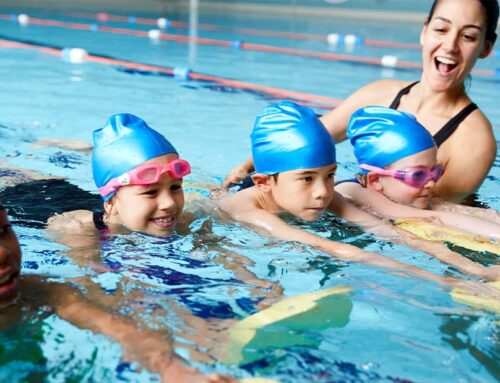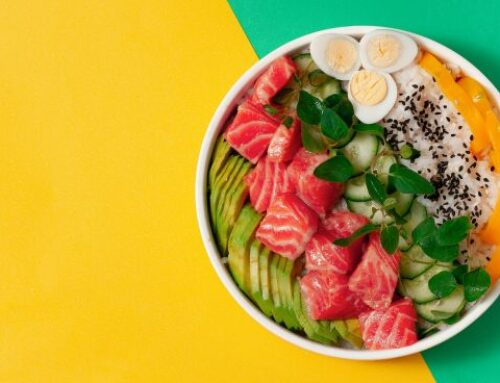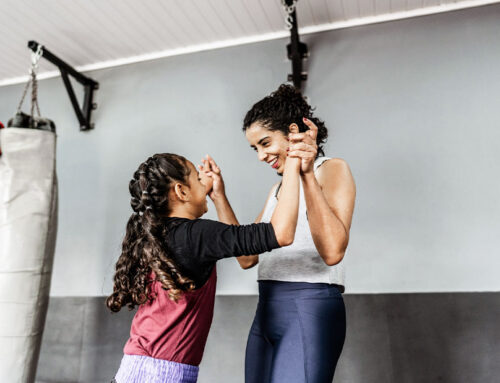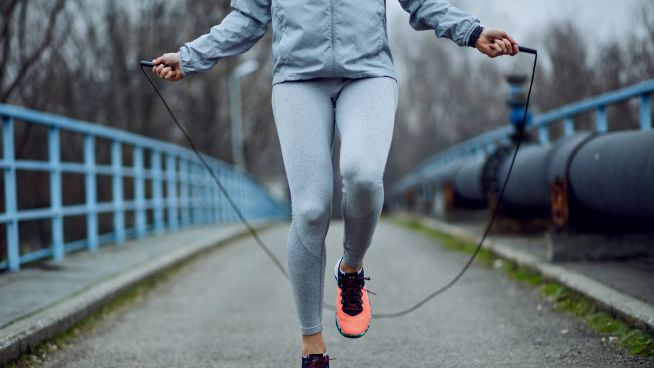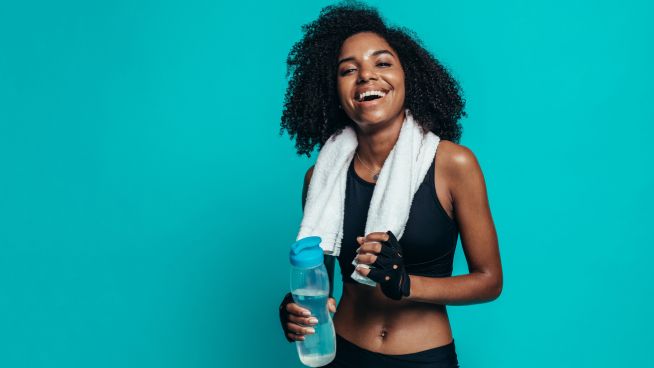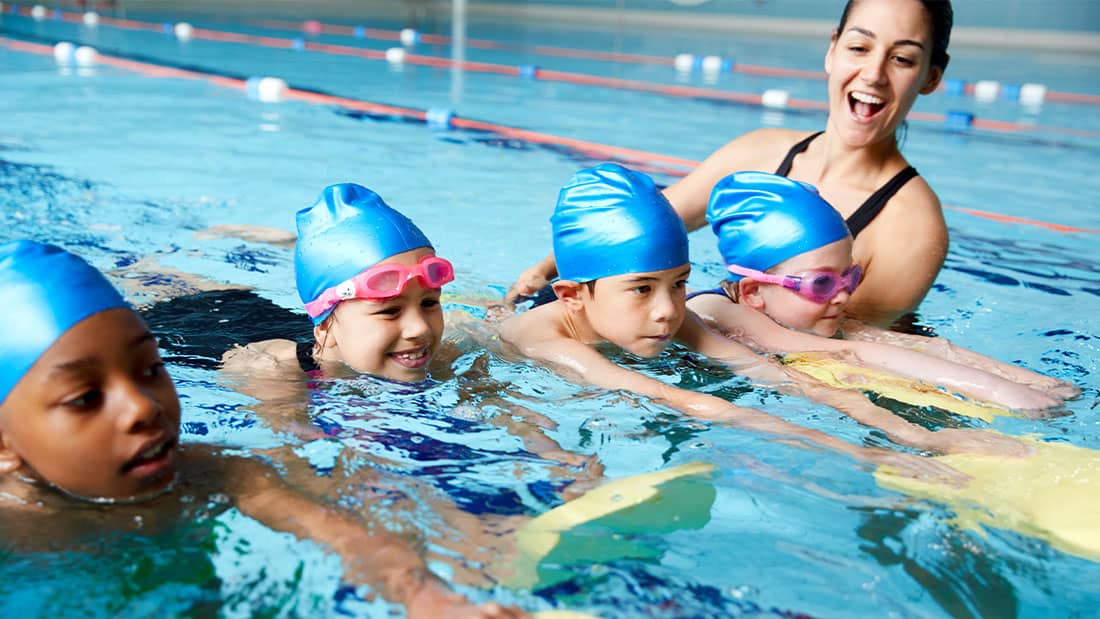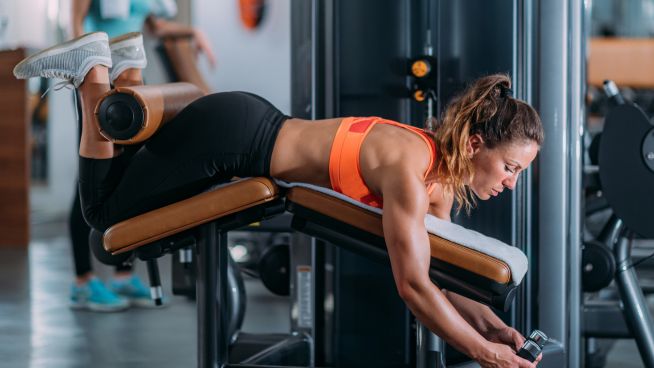Carb Loading: Is It Worth It?
What is Carb-Loading?
Carb-loading is a nutritional strategy that’s been around for a while, especially in endurance sports. Carb-loading occurs when you eat a high-carbohydrate-based meal like a big plate of pasta the night before or a couple of days before a game or tournament.
The idea is that this increase in overall carbohydrates will increase the amount of fuel stored in your muscles. With that extra energy, you will then have more energy to pull from during the activity.
Sounds great, right?
The Problem with Carb-Loading
The only problem is that a lot of the research has shown benefits studied carb-loading effects of adults and professional endurance athletes — not children and teens.
As amazing as it sounds, children and teen’s metabolisms work slightly differently compared to adults. When it comes to drawing energy from food, children and teens (especially pre-puberty) are more efficient at pulling energy from both the fats and carbohydrates they eat.
Additionally, children and teens are less able to store as many carbohydrates (glycogen internally in your muscles and liver). They therefore have to be able to fuel their growth and energy levels through consistently eating food.
When it comes to powering your game throughout the long haul, it’s a bad idea to focus only on one type of food. Carbohydrates — like rice, quinoa, fruit, potatoes, and whole-grain bread and wraps — are an important fuel source, but they’re only one of the many foods an athlete needs. It also takes vitamins and minerals from veggies, proteins, and healthy fats to stay in peak playing shape.
Another potential downside of carb-loading is simply not being used to doing it. Days or hours prior to a big game is not an ideal time to overeat or eat any foods that are out of the ordinary for you. The last thing you want before a game is an upset stomach or digestive problems.
A Better Nutrition Strategy
A better strategy is to work on eating a balance of nutrients in every meal regardless if it’s a week, a day, or the morning of the game. The more you work on a balance of protein, carbs, veggies, and fat-dense foods in every meal, the more automatic your food choices will be.
Think about it like preparing for a test. You will probably get a better grade and perform better in the class if you consistently study the material presented in class every week compared to cramming for the test the day or night before.
An ideal plate for an athlete has these nutrients (3 meals per day):
- High-quality carbohydrates and fats fill up the body’s energy tank. These are foods like cooked or baked potatoes, rice, beans, whole fruit, avocado and hummus spreads, and 100% whole grain or sprouted grain bread, wraps, or buns. Most athletes need about 2-3 cupped handful-sized portions of carbs and 1-2 thumb-sized portions of fat per meal, depending on their body size.
- Protein-rich foods help prepare and repair the body’s muscle tissue for competition. These are foods like chicken, lean beef, ham, sliced sandwich meat, Greek yogurt, protein powder, fish, tempeh, and tofu. Most athletes need about 1-2 palm-sized portions per meal, depending on their body size.
- Colorful veggies provide important nutrients like vitamins, minerals, antioxidants, and fiber. Most athletes need at least 1 fist-sized portion per meal.
- Water to keep you hydrated. Use sports drinks and electrolyte replenishing drinks during games that tend to be longer in duration and or in hot, humid environments.
For more specific recommendations for what to eat before a game, check out this pre-game nutrition guide.
Consistently fueling yourself with the right balance of foods day in and day out will help you play better during the game and make you feel better every day — like during practices, workouts, and school. Instead of thinking about what to eat before the big match, you will eat the foods you’ve practiced eating. The foods that you know work well for you.
Nothing works better than doing the basics very well. With consistency, this will yield better results and make eating healthier a daily routine that enables you to perform on and off the court.
Read More
- Sports Tournament and Traveling Nutrition
- Fuel Up Properly for Soccer Tournaments
- How to Recover From a Soccer Game or Workout
RECOMMENDED FOR YOU
MOST POPULAR
Carb Loading: Is It Worth It?
What is Carb-Loading?
Carb-loading is a nutritional strategy that’s been around for a while, especially in endurance sports. Carb-loading occurs when you eat a high-carbohydrate-based meal like a big plate of pasta the night before or a couple of days before a game or tournament.
The idea is that this increase in overall carbohydrates will increase the amount of fuel stored in your muscles. With that extra energy, you will then have more energy to pull from during the activity.
Sounds great, right?
The Problem with Carb-Loading
The only problem is that a lot of the research has shown benefits studied carb-loading effects of adults and professional endurance athletes — not children and teens.
As amazing as it sounds, children and teen’s metabolisms work slightly differently compared to adults. When it comes to drawing energy from food, children and teens (especially pre-puberty) are more efficient at pulling energy from both the fats and carbohydrates they eat.
Additionally, children and teens are less able to store as many carbohydrates (glycogen internally in your muscles and liver). They therefore have to be able to fuel their growth and energy levels through consistently eating food.
When it comes to powering your game throughout the long haul, it’s a bad idea to focus only on one type of food. Carbohydrates — like rice, quinoa, fruit, potatoes, and whole-grain bread and wraps — are an important fuel source, but they’re only one of the many foods an athlete needs. It also takes vitamins and minerals from veggies, proteins, and healthy fats to stay in peak playing shape.
Another potential downside of carb-loading is simply not being used to doing it. Days or hours prior to a big game is not an ideal time to overeat or eat any foods that are out of the ordinary for you. The last thing you want before a game is an upset stomach or digestive problems.
A Better Nutrition Strategy
A better strategy is to work on eating a balance of nutrients in every meal regardless if it’s a week, a day, or the morning of the game. The more you work on a balance of protein, carbs, veggies, and fat-dense foods in every meal, the more automatic your food choices will be.
Think about it like preparing for a test. You will probably get a better grade and perform better in the class if you consistently study the material presented in class every week compared to cramming for the test the day or night before.
An ideal plate for an athlete has these nutrients (3 meals per day):
- High-quality carbohydrates and fats fill up the body’s energy tank. These are foods like cooked or baked potatoes, rice, beans, whole fruit, avocado and hummus spreads, and 100% whole grain or sprouted grain bread, wraps, or buns. Most athletes need about 2-3 cupped handful-sized portions of carbs and 1-2 thumb-sized portions of fat per meal, depending on their body size.
- Protein-rich foods help prepare and repair the body’s muscle tissue for competition. These are foods like chicken, lean beef, ham, sliced sandwich meat, Greek yogurt, protein powder, fish, tempeh, and tofu. Most athletes need about 1-2 palm-sized portions per meal, depending on their body size.
- Colorful veggies provide important nutrients like vitamins, minerals, antioxidants, and fiber. Most athletes need at least 1 fist-sized portion per meal.
- Water to keep you hydrated. Use sports drinks and electrolyte replenishing drinks during games that tend to be longer in duration and or in hot, humid environments.
For more specific recommendations for what to eat before a game, check out this pre-game nutrition guide.
Consistently fueling yourself with the right balance of foods day in and day out will help you play better during the game and make you feel better every day — like during practices, workouts, and school. Instead of thinking about what to eat before the big match, you will eat the foods you’ve practiced eating. The foods that you know work well for you.
Nothing works better than doing the basics very well. With consistency, this will yield better results and make eating healthier a daily routine that enables you to perform on and off the court.
Read More
- Sports Tournament and Traveling Nutrition
- Fuel Up Properly for Soccer Tournaments
- How to Recover From a Soccer Game or Workout

